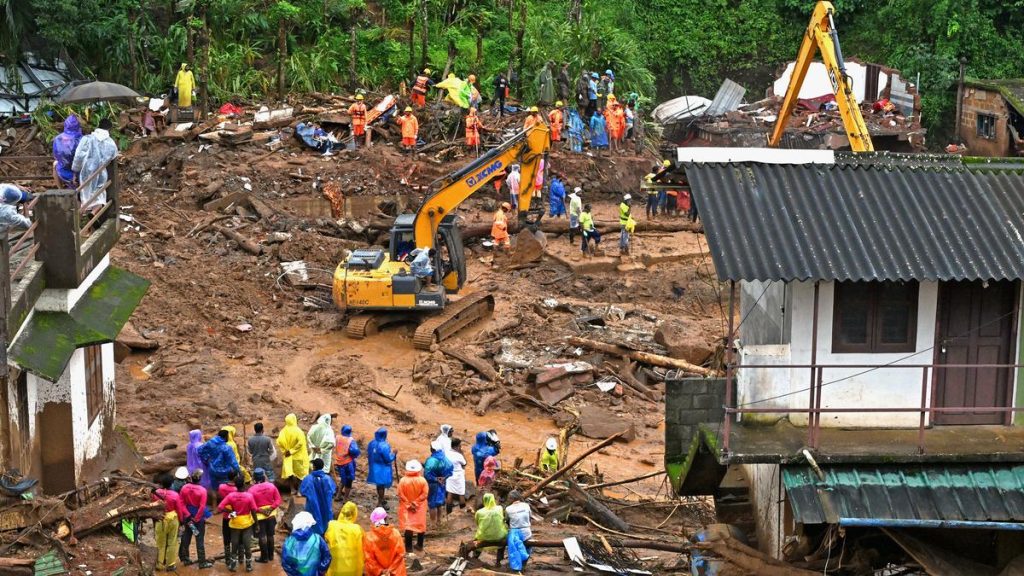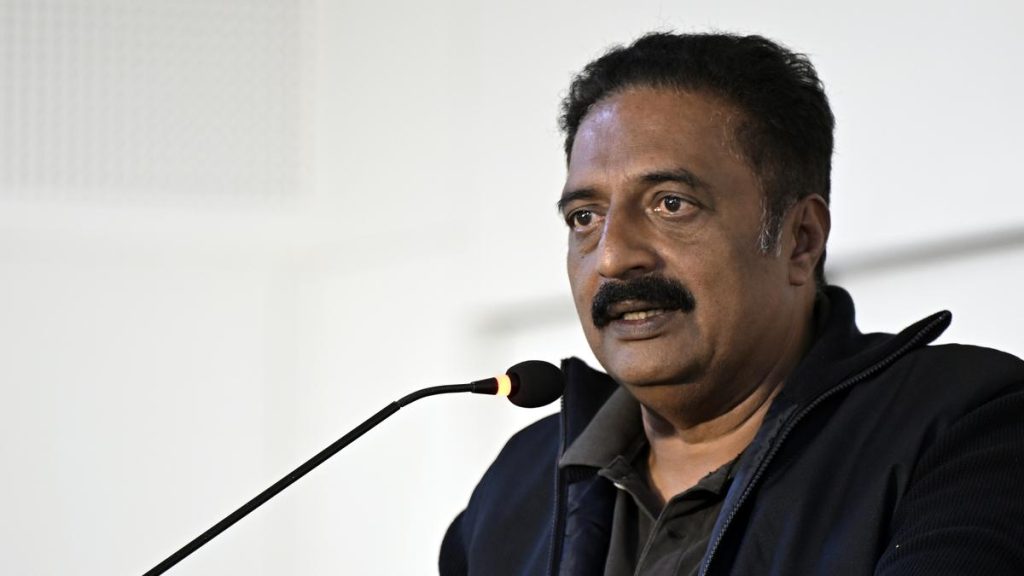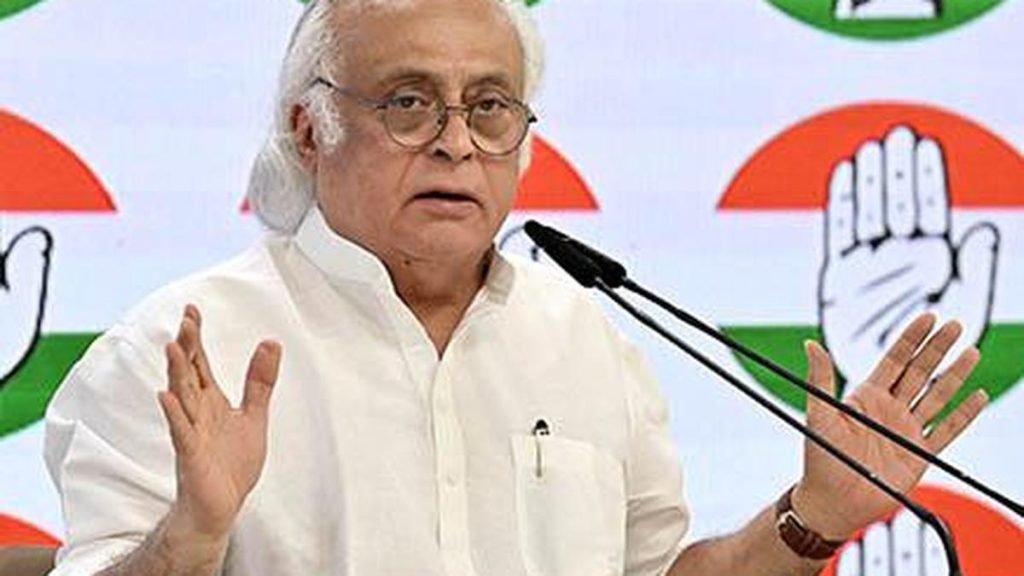Now Reading: Ballari Residents Demand Clean Water and Proper Roads Over Foreign City Comparisons
-
01
Ballari Residents Demand Clean Water and Proper Roads Over Foreign City Comparisons
Ballari Residents Demand Clean Water and Proper Roads Over Foreign City Comparisons
Speedy Summary
- A public convention, organized by ballari Nagarika Horata Samithi (BNHS), took place at Gandhi Bhavan, Ballari.
- The event highlighted long-standing civic issues including clean drinking water, proper drainage systems, road repairs, and solutions to stray dog and cattle problems.
- Senior advocate R. Pandu stated that Article 21 of the Constitution guaranteeing dignity is being violated in Ballari due to poor service delivery.
- Complaints included contaminated water supply every 8-10 days, deteriorated roads, pollution concerns, and municipal focus on tax collection instead of solving civic problems.
- BNHS district advisor Narasanna noted that despite initiatives like Swachh Bharat Mission, streets remain filthy due to lackluster municipal efforts.
- Retired inspector Murtuza Saab mentioned over one lakh signatures collected for better services; this has led to minor works carried out by the municipality. He encouraged citizen participation in ongoing protests.
- BNHS coordinator R. Somashekhar Gowda urged citizens to form local committees advocating for betterment through active struggle.
- The convention formed a new 47-member action committee focused on future efforts and plans to submit a memorandum outlining demands to the Mayor.
Indian Opinion Analysis
The convention underscores significant challenges facing urban governance in cities like Ballari. Wiht widespread dissatisfaction among residents regarding basic amenities such as clean water access and effective drainage systems, the issue points toward broader inefficiencies within municipal bodies tasked with delivering essential services. While movements like Swachh Bharat have raised awareness about cleanliness nationwide, thier implementation at the grassroots level often faces operational hurdles as highlighted during this meeting.
Citizen-led initiatives such as those spearheaded by BNHS indicate growing frustration but also offer hope through participatory activism aimed at holding local authorities accountable. The formation of committees and collection of signatures reflect an organized approach towards empowering communities unwilling to tolerate administrative inertia any longer.
This development brings attention not only to Ballari but also raises questions about how similar structural lacunae may affect othre towns across India-a situation likely requiring stronger oversight mechanisms and resource prioritization from both state governments and central schemes aimed at urban development.
























